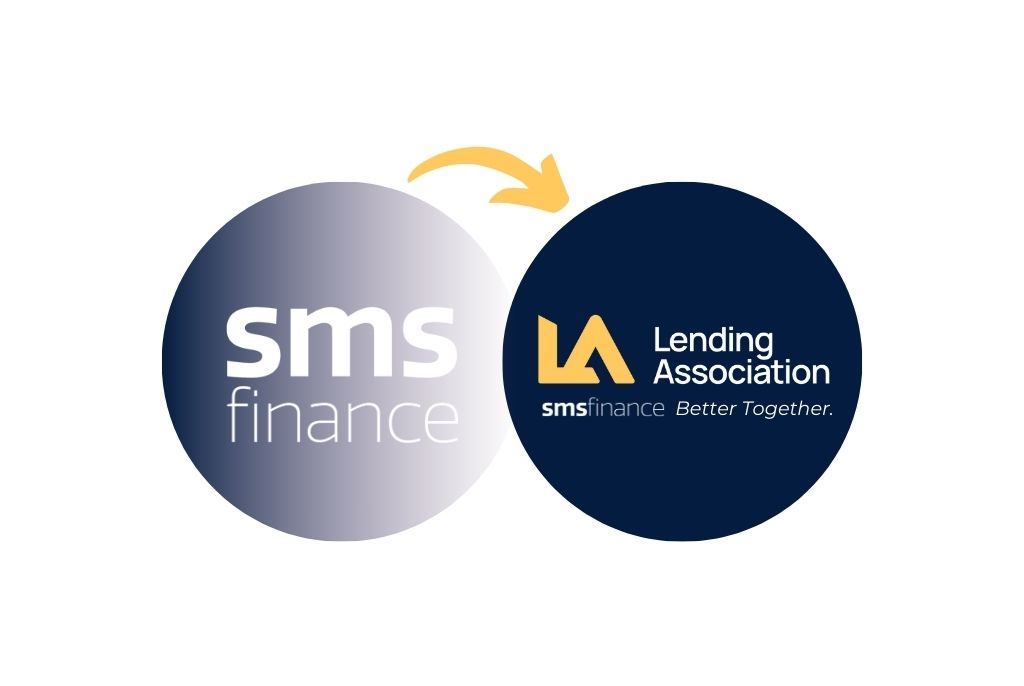Are you curious about refinancing and whether it’s the right move for you? Let’s break it down!
What is refinancing?
Refinancing involves replacing your current loan with a new one, usually with different terms. This can mean securing a lower interest rate, changing the loan duration, or switching from a fixed-rate to a variable-rate loan (or vice versa). Essentially, it’s a way to potentially save money or better align your mortgage with your financial goals.
How does refinancing work?
- Evaluate your current loan: assess your current loan terms, interest rate, and remaining balance.
- Determine your goals: decide what you want to achieve through refinancing. Are you looking to lower your monthly payments, pay off your loan faster, or tap into your home’s equity?
- Shop around: our brokers can help you compare offers from different lenders. We will look at the new interest rates, loan terms, and any associated fees.
- Apply for the new loan: once we find you find a suitable offer, we can apply for the new loan. The lender will evaluate your financial situation, just like with your original loan.
- Close the new loan: if approved, you’ll close on the new loan, which pays off your old loan. You’ll then start making payments on the new loan.
When should you consider refinancing?
- Lower interest rates: if current interest rates are significantly lower than what you’re paying, refinancing could reduce your monthly payments and the total interest paid over the life of the loan.
- Improved credit score: if your credit score has improved since you took out your original loan, you might qualify for better terms.
- Change in financial situation: if your income has increased or decreased, adjusting your loan terms (such as extending or shortening the loan period) can better suit your new budget.
- Access home equity: if you’ve built up significant equity, refinancing can allow you to tap into that value for home improvements, debt consolidation, or other financial needs.
- Switch loan types: switching from a fixed-rate to a variable-rate mortgage (or vice versa) might make sense depending on your financial outlook and market conditions.
Refinancing can be beneficial for managing your finances and reaching your goals. However, weighing the costs and benefits is important to ensure it’s the right move for you.
Disclaimer: Any information provided herein is of a general nature only. No consideration has been taken into your objectives, needs or financial situation. Before acting on this information you should consider if it is appropriate for your situation.




